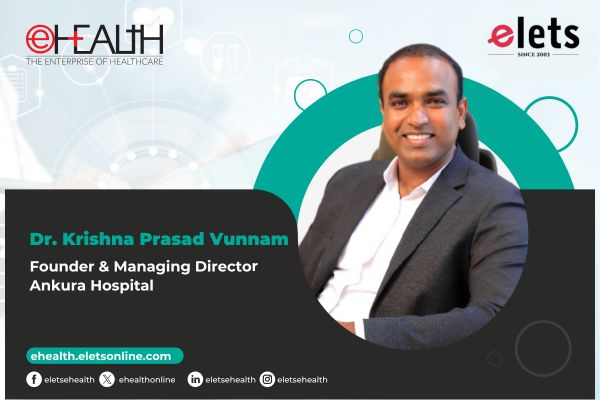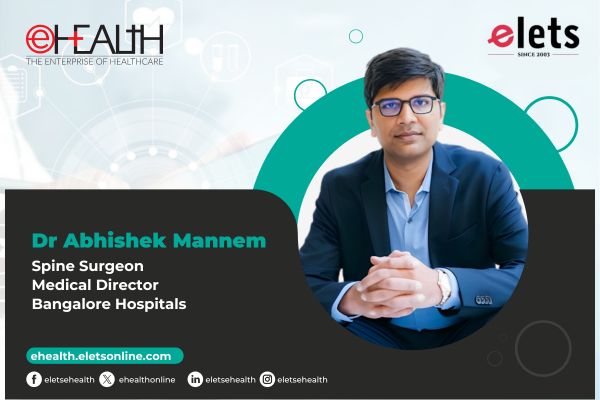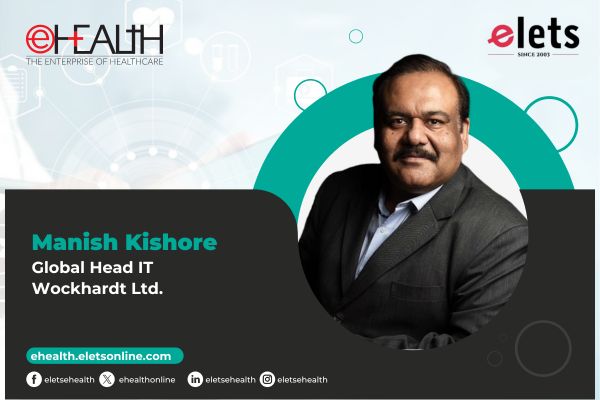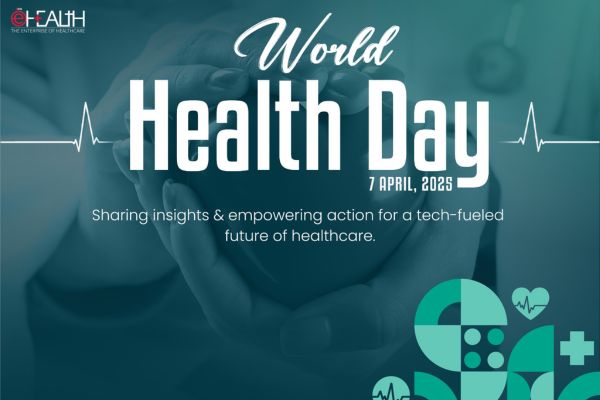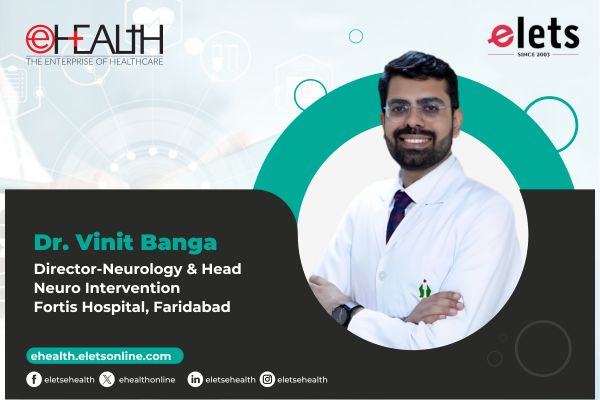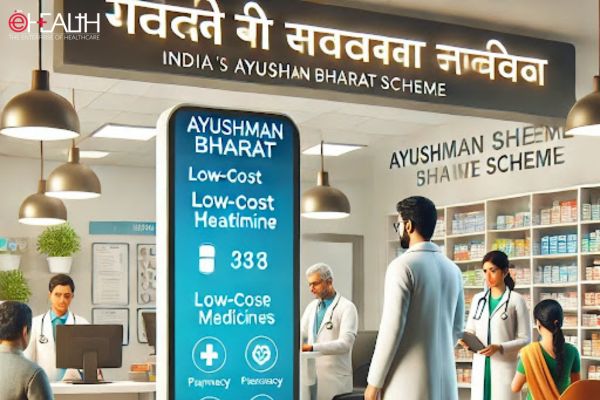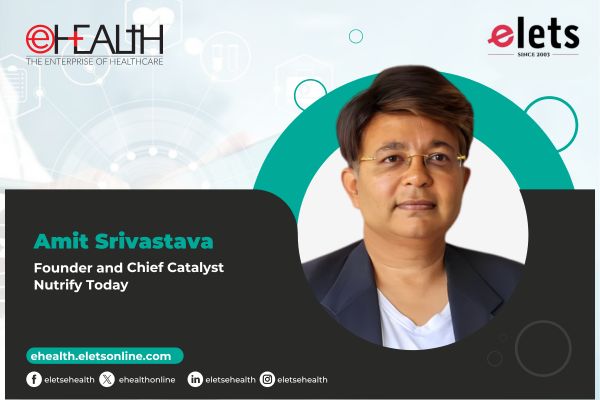
Cancer is more than a medical condition—it is a deeply personal struggle that affects millions of lives. Every diagnosis carries a unique story of pain, resilience, healing, and love. The theme for this year’s World Cancer Day, ‘United by Unique,’ underscores the importance of a patient-centric approach, advocating for care that goes beyond treating the disease to recognizing the individual.
In response to the growing cancer burden, the Indian government has introduced a major healthcare initiative in the Union Budget 2025-26, announcing the establishment of 200 daycare cancer centers in district hospitals. These centers are designed to improve accessibility, facilitate early detection, and minimize treatment delays, particularly for underserved communities. Over the next three years, the plan is to integrate these centers into every district hospital, significantly closing the gap in cancer care. Healthcare leaders view this initiative as a step in alignment with the ‘United by Unique’ campaign, fostering a more inclusive approach to treatment.

Given that one in nine Indians is at risk of developing cancer and cases are expected to rise by 12.8% annually by 2025, these centers will help alleviate the strain on tertiary hospitals and bring essential cancer care closer to communities.

Dr. Arun Kumar Giri, Director of Surgical Oncology at Aakash Healthcare, emphasized the impact of this initiative, stating, “The establishment of 200 daycare cancer centers will revolutionize oncology care in India. Many cancer patients discontinue or delay treatment due to travel, financial, or logistical constraints. These centers will provide chemotherapy, immunotherapy, and supportive care in district hospitals, making treatment more accessible and reducing the need for long hospital stays. By strengthening cancer infrastructure at the grassroots level, we can significantly improve survival rates and quality of life for patients.”

The Importance of a People-Centered Approach
The ‘United by Unique’ theme highlights the need for compassionate and individualized cancer care. A holistic approach must encompass not only medical treatment but also psychological support, early screening, and community-led awareness initiatives.
Dr. Praveen Gupta, Principal Director & Chief of Neurology at Fortis Hospital, reinforced this perspective, stating, “Cancer is not just a physical disease; it has profound neurological and psychological implications. Many cancer patients experience neurological complications such as neuropathy, cognitive impairment, and stroke-like symptoms, making a people-centered approach to care essential. A one-size-fits-all model does not work, as every patient’s journey is unique.”
He further noted, “The government’s initiative to establish 200 daycare cancer centers will play a vital role in integrating neurology with oncology, ensuring that patients receive comprehensive neuro-oncological care. Additionally, the focus on mental health support, early screening, and rehabilitation is critical for improving long-term quality of life.”
Advancing Cancer Detection Through Technology
A significant proportion—approximately 75-80%—of cancer patients in India are diagnosed at advanced stages, contributing to high mortality rates. The government’s focus on broadband expansion under the BharatNet Project will enhance telemedicine services and AI-powered diagnostics, ensuring early detection and timely intervention.
Dr. Aakaar Kapoor, CEO of City X-Ray & Scan Clinic, highlighted the importance of technology-driven diagnostics, stating, “Advanced diagnostics, particularly AI-driven radiology and low-dose computed tomography (LDCT) for lung cancer screening, will be game-changers in cancer detection. Daycare cancer centers must be equipped with cutting-edge digital pathology, MRI, and genetic screening tools to facilitate faster and more accurate diagnoses. A well-implemented PPP model in diagnostics will further accelerate accessibility and affordability.”
Addressing Emerging Cancer Trends
Lung cancer, once predominantly associated with smoking, is now increasingly affecting non-smokers due to environmental pollution. Healthcare experts have observed a rising trend of lung cancer cases among non-smokers, particularly individuals under 50 years of age.
Dr. Ruchi Singh, Radiation Oncology specialist at the Asian Institute of Medical Sciences, commented, “Lung cancer was once considered a smoker’s disease, but we now see a sharp increase in non-smokers developing lung cancer due to polluted air and exposure to toxic environmental factors. The widespread adoption of robotic-assisted surgery has improved outcomes, as it allows for minimally invasive tumor removal with faster recovery. Additionally, low-dose CT scans (LDCT) have proven effective in reducing lung cancer mortality by 15-20% through early detection. It’s critical that we expand access to lung cancer screenings in high-risk populations.”
Innovations in Cancer Treatment
With advancements in chemotherapy, immunotherapy, hormone therapy, and targeted therapies, cancer care has reached new frontiers. These innovations are improving survival rates, reducing side effects, and enhancing patients’ overall quality of life.
Dr. Pratik Patil, Consultant – Oncology at Jupiter Hospital, Pune, remarked, “Precision medicine and immunotherapy have redefined cancer care, offering personalized treatment based on genetic profiling. We must integrate advanced cancer treatment protocols, ensuring that patients in smaller towns receive the same quality of care as metro hospitals. With the government’s exemption of customs duties on 36 life-saving drugs, treatment costs will be significantly reduced, making cutting-edge therapies more accessible to all.”
Shaping the Future of Cancer Care in India
The World Cancer Day campaign will span three years, focusing on awareness, action, and impact. While government initiatives set the foundation, a collective effort from healthcare providers, policymakers, and communities is essential to making a lasting difference.
Dr. Amit Upadhyay, Consultant Medical Oncology at PSRI Hospital, emphasized the role of early detection and comprehensive care, stating, “Early detection remains the most effective way to reduce cancer mortality, and integrating advanced diagnostics, AI-driven imaging, and molecular testing into these centers will be a game-changer. Additionally, a strong focus on rehabilitation, pain management, and mental health support will significantly improve patient outcomes. By strengthening public-private collaborations, we can create a holistic patient-centric cancer care ecosystem that prioritizes early intervention, personalized treatment, and long-term well-being.”
Also Read: Healthcare at Maha Kumbh 2025: A Testament to Collaboration and Innovation in Service Delivery
India is making significant strides in cancer care with the introduction of 200 daycare cancer centers, the integration of advanced diagnostics, and a commitment to a patient-centered approach. However, the success of these initiatives depends on effective implementation, community participation, and continued investment in research and innovation.
Experts urge a collective commitment to ensuring that no patient fights cancer alone, that treatment remains accessible to all, and that India works towards a future where cancer is not a death sentence but a manageable disease with hope for a cure. By uniting behind a shared vision and addressing the unique needs of every patient, the country can truly embody the ‘United by Unique’ theme—not just in words, but in action.
Be a part of Elets Collaborative Initiatives. Join Us for Upcoming Events and explore business opportunities. Like us on Facebook , connect with us on LinkedIn and follow us on Twitter , Instagram.
"Exciting news! Elets technomedia is now on WhatsApp Channels Subscribe today by clicking the link and stay updated with the latest insights!" Click here!




